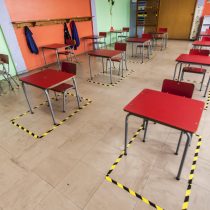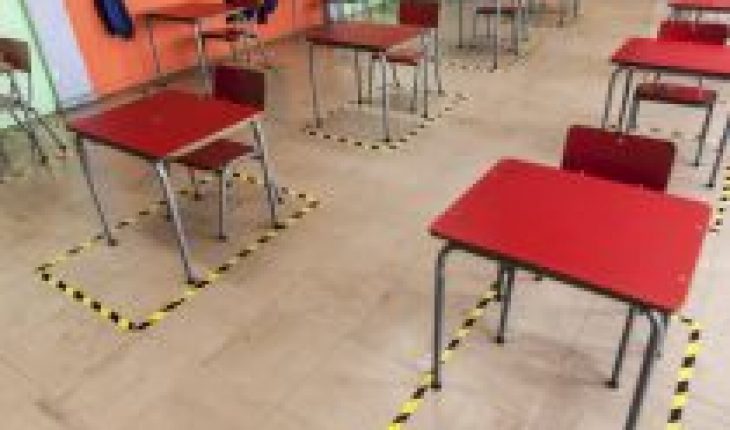
Last week, the draft was approved in the Senate Chamber, which, with cross-cutting support, we presented in 2018 to advance to a system of formative or qualitative evaluation in the first basic cycle, seeking to leave behind the stress of notes in boys and girls from first to fourth basic.
Surprisingly, the result of the transitional article, which opens a period of two years for each educational community to reflect and make a decision regarding wout the numerical scale of notes or not, was approved by divided vote with virtually all officialism against, except Senator Ossandón. I say that it is surprising, because that same sector is the one that every time structural changes are proposed to the education system, it argues that the priority must be reforms within the classroom.
That is precisely the objective of the project, which will now have to be reviewed by the Chamber of Members and Deputies: to promote reform within the classroom, encouraging the change of the evaluation system for children who are starting their school training.
While our initiative does not force anyone, it is to be expected that once it has become law, a debate on the relevance of leaving the notes behind and moving towards new evaluation models such as the portfolio (collection of papers), the rubric (pattern with performance levels) or the newsletter (comments and comments from the professor) , and other active learning techniques such as gamification, which brings game mechanics into education.
Many of these learning and evaluation dynamics are already being applied in different private schools that make a remarkable effort of innovation and adaptation to the new times, but which are still niche projects that are accessed only by families with the greatest cultural capital and who can afford them. The question then is: Can we encourage all schools in the country, regardless of whether they receive poor or rich children, to make this qualitative leap? The answer implicit in our motion is that yes, we can and must do it.
Such a transit will involve a commitment from the State to make it viable, as any training evaluation system, which involves a high degree of feedback with children and their parents, requires time and dedication from the school community and especially teachers.
It is a worthwhile effort, as documented by experts such as the American author Rick Wormeli or the academic of the Faculty of Philosophy and Humanities of the University of Chile, María Teresa Flórez, who has long warned of the risk that “children will begin to replace their interest and intrinsic motivation for learning with the external motivation of the prize involved in the note” , an award that for many ends up being a punishment that limits from an early age the desire to learn.
My experience, having visited many different schools to explain this project, is that teachers are eager to start this transit and have all the skills to carry it out. Perhaps the main fear comes from the state itself, where different forces converge to try to maintain the educational status quo.
But the pandemic and the reality of distance education have made – in part – to break down these fears, forcing the Ministry of Education to open up to new ways of assessing, as was evident with the implementation of Decree No. 67 and the guidelines sent in August to all establishments in the country. It is to be expected that the eventual return to face-to-face classes does not mean going back in this matter.
For this purpose there is this bill, which taking into account the experiences of leading education countries such as Denmark, Finland, Estonia and England, seeks to drive a change that will allow students to be trained for the 21st century, avoiding the school stress that unfortunately places us within the 10 countries of the world that consume methylphenidate (Ritalin) and fostering a healthy childhood , where early experience in school is an incentive to continue to be constantly trained during adult life.
Because, although some still find it a paradox and as all the experts concluded in the Committee on Education, to leave the notes behind is to move forward in quality.
The content poured into this opinion column is the sole responsibility of its author, and does not necessarily reflect the editorial line or position of El Mostrador.





